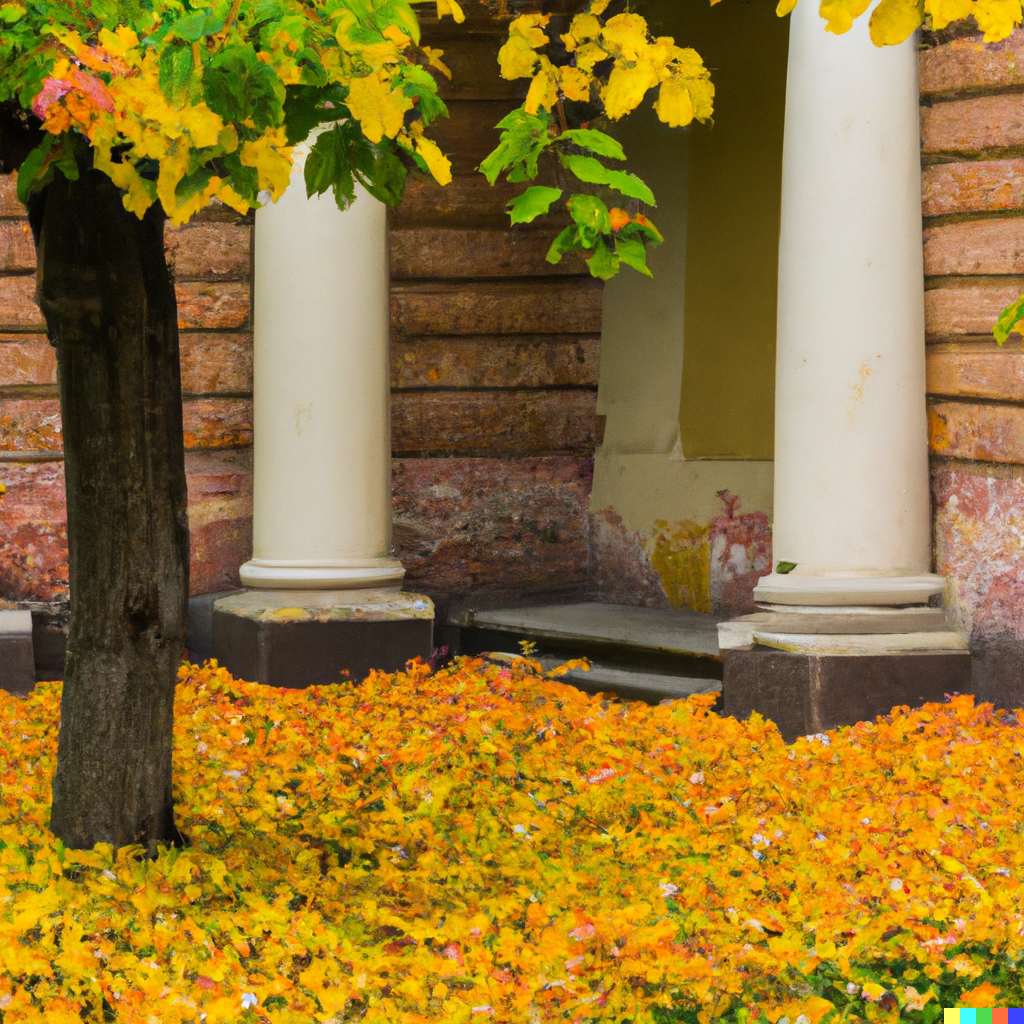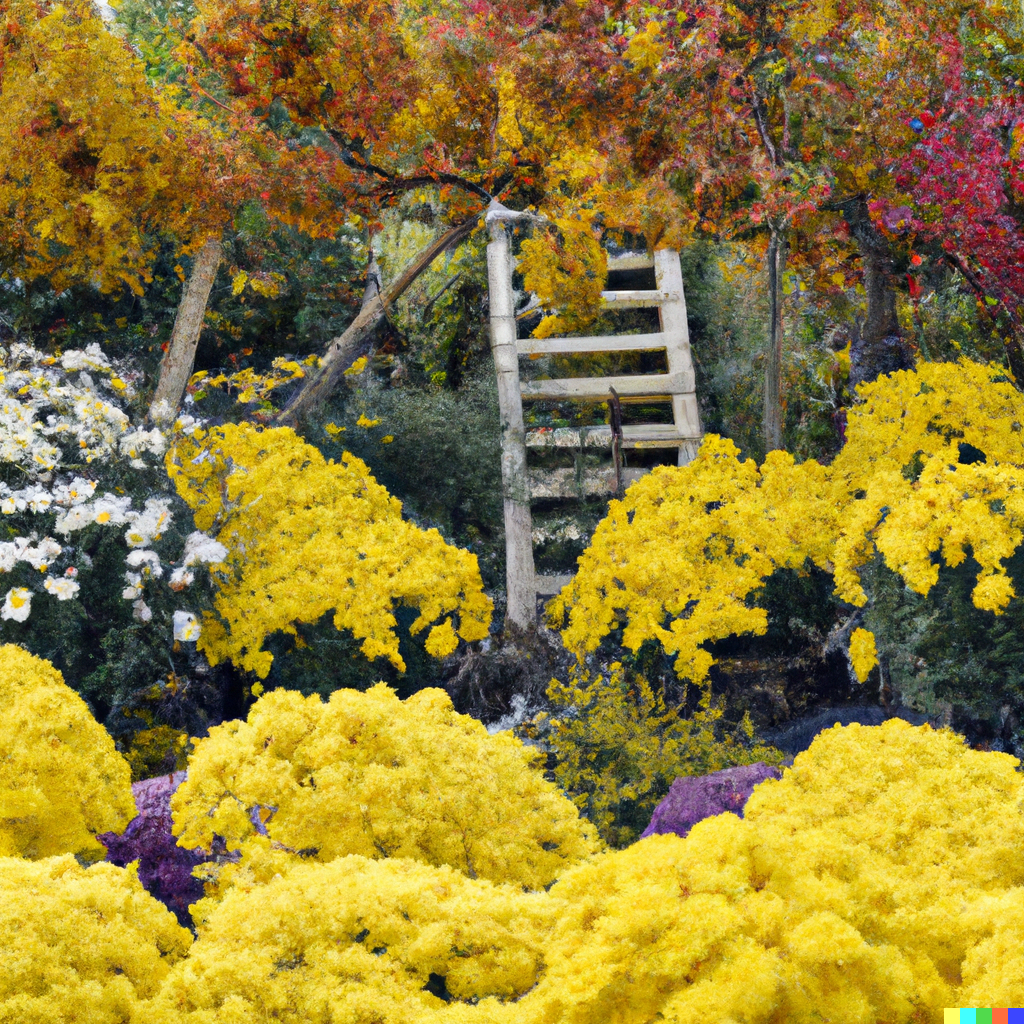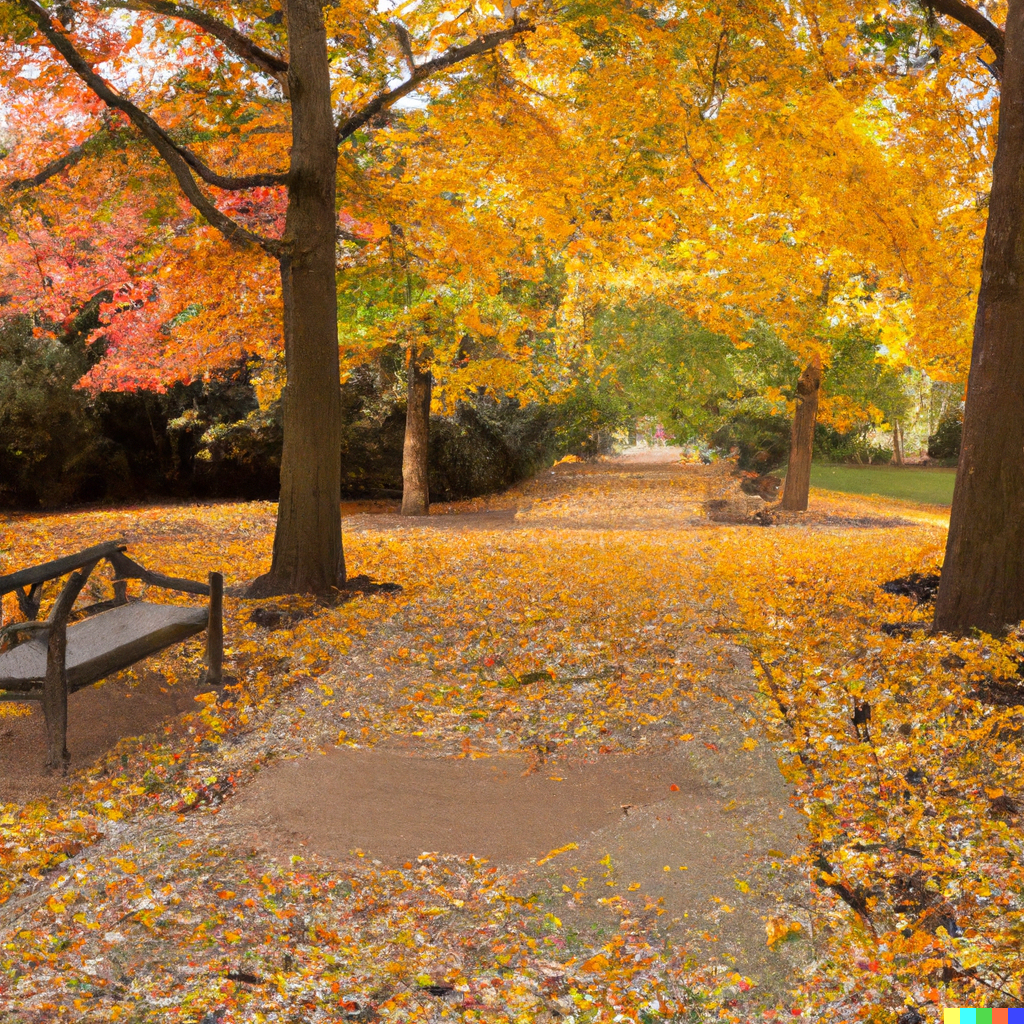As the vibrant hues of summer give way to the rich and warm colors of autumn, it’s time for gardeners to shift their focus to preparing their beloved gardens for the coming season. With a little planning and effort, you can ensure that your garden remains a stunning and welcoming space throughout the autumn months.
Here are the essential steps to prepare your garden for the fall season:
Tidy Up Your Garden

The first step in autumn garden preparation is to clean and tidy up your outdoor space:
a. Remove Spent Plants
Begin by removing any spent annuals and plants that have finished flowering. This will make space for new autumn plantings and prevent the spread of disease.
b. Prune Overgrown Branches
Trim back any overgrown branches or bushes to maintain the overall shape and health of your garden. This also allows more sunlight to reach the plants.
c. Weed Control
Don’t forget to weed your garden beds thoroughly. Weeds compete with your plants for nutrients and water.
d. Collect Fallen Leaves
Rake up fallen leaves and add them to your compost pile. Alternatively, shred them to create valuable leaf mulch for your garden.
Soil Preparation
Healthy soil is the foundation of a thriving garden:
a. Soil Testing
Consider testing your soil’s pH levels and nutrient content. This will help you determine if any amendments are necessary for optimum plant growth.
b. Add Compost
Enrich your soil by adding compost or well-rotted organic matter. This will improve soil structure and provide essential nutrients for your plants.
Plant Autumn-Flowering Bulbs
Autumn is the perfect time to plant bulbs that will bloom in the spring:
a. Tulips and Daffodils
Plant these classic bulbs in well-drained soil at a depth of two to three times the bulb’s height.
b. Crocuses and Snowdrops
These early bloomers add a splash of color to your garden when the rest of the landscape is still awakening from winter.
Choose Autumn-Flowering Plants

Select plants that thrive in the cooler temperatures of autumn:
a. Chrysanthemums (Mums)
These colorful perennials come in various shades and are perfect for fall gardens.
b. Asters
Asters produce daisy-like flowers in shades of purple, pink, and blue.
c. Ornamental Grasses
Grasses like Miscanthus or Pennisetum add texture and movement to your autumn garden.
Mulch and Protect
Mulching is essential for retaining moisture and insulating your plants:
a. Apply Mulch
Add a layer of organic mulch, such as wood chips or shredded leaves, around your plants to conserve moisture and regulate soil temperature.
b. Protect from Frost
Keep an eye on the weather and be ready to cover sensitive plants with frost cloths or row covers to protect them from early frosts.
Adjust Your Watering Schedule
As the weather cools, adjust your watering routine:
a. Water Deeply
Water deeply and less frequently to encourage plants to develop deep roots.
Add Autumn Accents
Enhance the autumn charm of your garden with decorative elements:
a. Seasonal Decor
Place pumpkins, gourds, and decorative scarecrows strategically throughout your garden to embrace the fall spirit.
b. Cozy Seating
Create cozy seating areas with cushions and blankets to enjoy the crisp autumn evenings in your garden.
Encourage Wildlife
Make your garden a haven for wildlife:
a. Bird Feeders and Baths
Install bird feeders and birdbaths to attract birds to your garden.
b. Pollinator-Friendly Plants
Plant nectar-rich flowers like asters and sedums to attract pollinators like bees and butterflies.
Conclusion:
With these steps, your garden will be fully prepared to embrace the beauty of autumn. Take the time to care for your garden now, and you’ll be rewarded with a spectacular display of colors and textures that will make the transition from summer to autumn a delightful experience for both you and your garden’s inhabitants.
Happy gardening!
Ask Me Anything. farida.karundeng@cbrealty.com
Save my details to your phone for easy access to my blogs: https://dot.cards/farida


 Facebook
Facebook
 X
X
 Pinterest
Pinterest
 Copy Link
Copy Link
